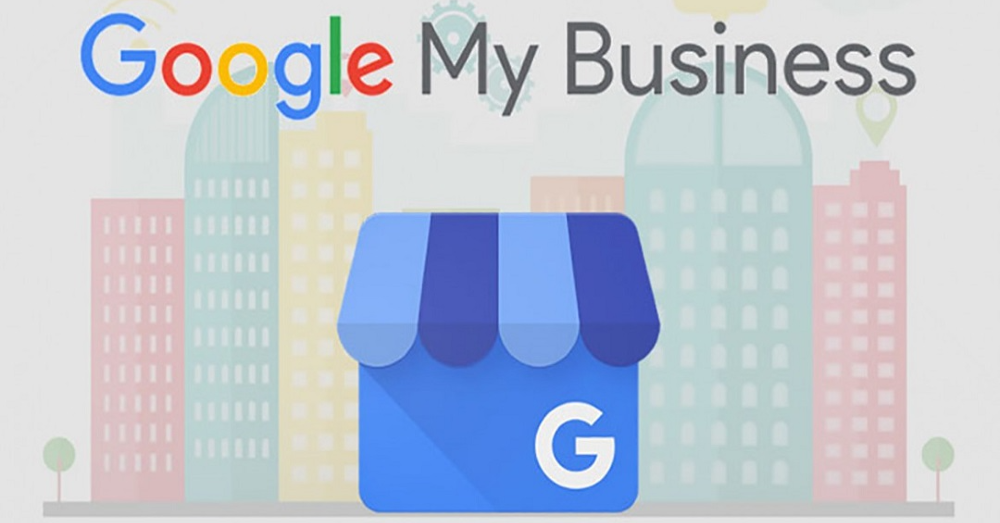Pay-Per-Click, also known as PPC is an advertising strategy that you’re only paying for when an online user clicks on your ads while online.
Your ads are related to the keywords entered, but aren’t as intrusive as other ads, making it easy for your company to offer real solutions through advertising for your potential shoppers. If you’re looking for higher conversion rates from your advertising, PPC is the way to go.
Why Should You Include PPC in Your Marketing?
Because you pay for the ads to be shown based on keywords and you pay when a user clicks on your ads, you’re going to get much better results than if you offered a blanket advertising strategy. Rather than showing a television ad, an online ad in a generic place, or not having the capability to track how your advertising performs, PPC gives you the control you’re looking for.
Here are some additional reasons to use PPC advertising:
• PPC is measurable, making it useful for you to understand which ads perform the best, which keywords are offering you the best results, and where you’re spending your money the right way.
• You have ownership of the entire advertising campaign. With SEO, you have influence over your online page rankings but with PPC, you have control over all the variables and can offer the right ads in the right places.
• You’ll reach the audiences you want to. Do you need to reach into a niche market with specific keywords? PPC is the solution. These niche markets often have a lower bidding price for keywords which can save you money and still bring the conversion rates you desire.
• PPC aids in your SEO ranking. You can quickly get to the first page of search engine results because you’re paying for the keywords. SEO has long-term effects on your ranking, but PPC will boost your position, making it important for you to use both of these strategies.
Set the Goals for Your PPC Campaign
Where do you want your ads to show up? What social media platforms allow your PPC ads to be included? How much do you want to spend? What is the personality of your target audience? These are just a few of the items that should be part of the goals you set for your PPC campaign.
Get to Know Your Audience
We don’t often click on an ad unless it has something to do with a question or problem we are having. How do your products and services help your target audience? Are you providing a solution to a need they might have or simply offering an upgrade over what they currently use? When you answer these questions, you’ll have a better idea of what you should include in your PPC ads to give your viewers what they are looking for.
Keep Track of Your Budget
When you begin to build your PPC campaign, you’ll want to set a spending limit for your advertising. This means that when the number of clicks on your ads has reached a specified level, your ads will no longer show up until the next month. While you’re testing and trying to figure out what works and what don’t you want to keep a limit on your advertising.
Once you reach a level of high ROI for your PPC advertising, you can take the budget limit off of your ads and allow them to continue to show up without limits. This could mean you’re going to spend a lot more one month than the next for your advertising, but the proven results can help make it easy for you to reach more customers and justify this expense.
Select the Right Keywords
It’s very competitive in the online marketing world. You might find the some of the keywords you want to bid on are too expensive for your budget. Try variations of the same keywords and find the right terms that can fit into your budget and give you the flexibility you’re looking for in your advertising.
Get Ready to Benefit from PPC
The benefits of an excellent PPC advertising campaign make it easy for you to know that you should put a campaign together and offer it to your users. Target your keywords, create the right ads, and let your audience see that you’re ready to solve problems for them. You’ll be amazed at how much control you have over this type of advertising and what it can do for your company.
This post may contain affiliate links. Meaning a commission is given should you decide to make a purchase through these links, at no cost to you. All products shown are researched and tested to give an accurate review for you.




